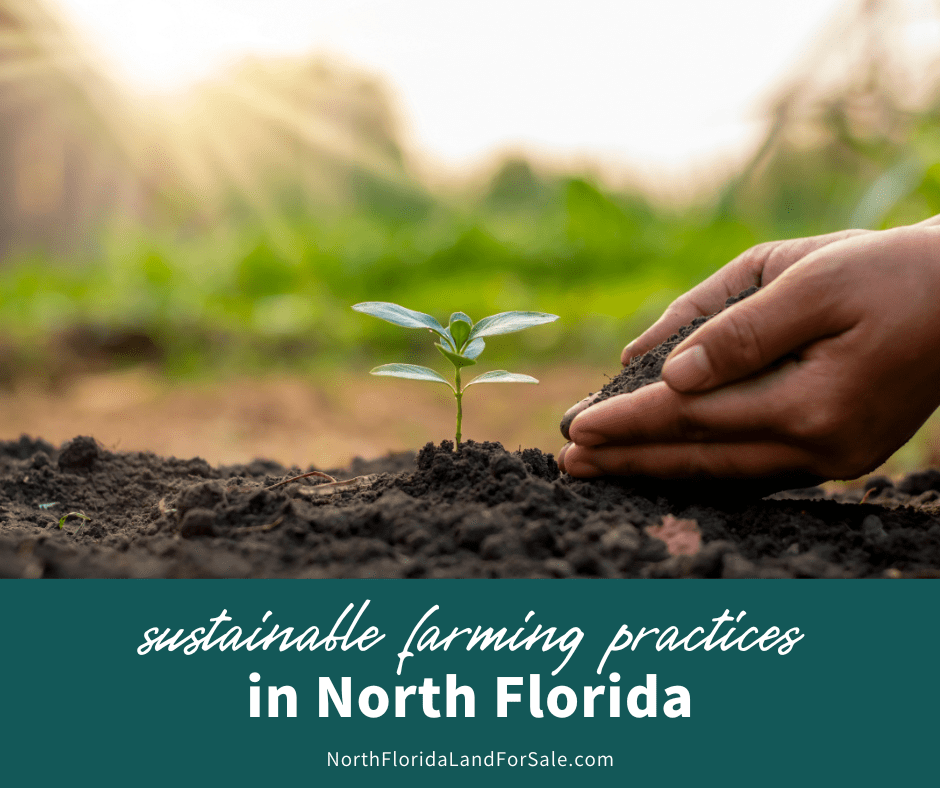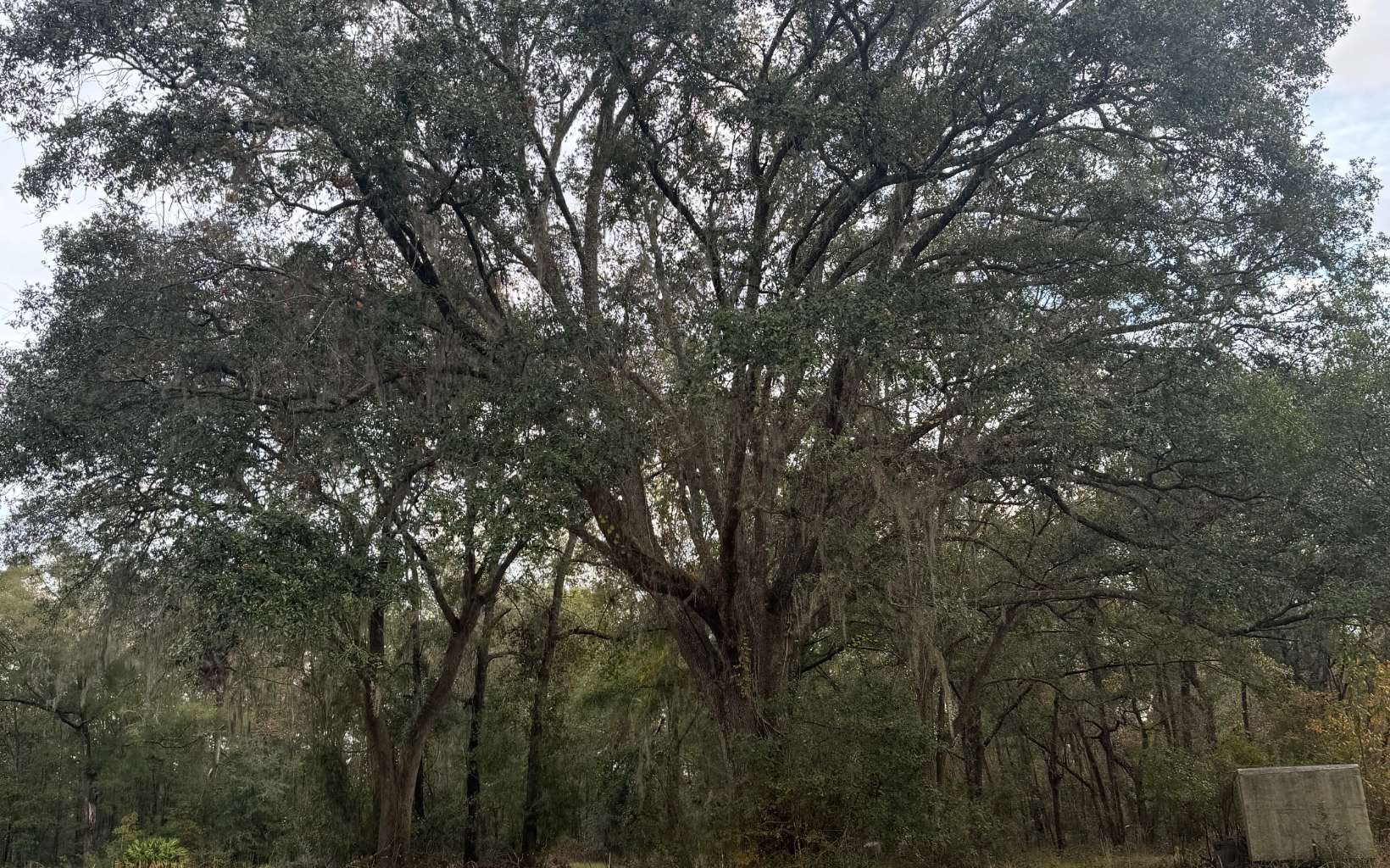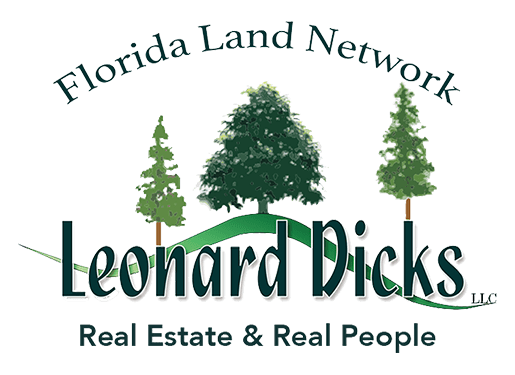
North Florida’s agricultural landscape offers a fertile ground for new farmers interested in sustainable practices. With a focus on environmental stewardship, economic profitability, and social and economic equity, sustainable farming in North Florida is not just a trend but a long-term approach to agriculture.
Sustainable Farming Practices in North Florida: A Guide for New Farmers
Embracing sustainable farming practices in North Florida can lead to a thriving farm that contributes to the community and the environment. This guide explains the following:
- Understanding the local ecosystem
- Implementing crop rotation and diversification
- Utilizing natural resources efficiently
- Engaging with the community and local markets
- Adopting new technologies and continuous learning
Here’s a closer look at each.
Understanding the Local Ecosystem
To farm sustainably, it’s crucial to understand the local ecosystem. This includes knowing the native plants, wildlife, soil types, and climate patterns of North Florida. By understanding these elements, you can make informed decisions that enhance your farm’s productivity while conserving the natural habitat.
Related: Information on buying and selling land in North Florida
Implementing Crop Rotation and Diversification
Crop rotation and diversification are key components of sustainable farming. These practices help maintain soil health, reduce pest and disease problems, and increase biodiversity on your farm. By rotating crops and growing a variety of plants, you can improve soil fertility and resilience, leading to a more productive and sustainable farm.
Utilizing Natural Resources Efficiently
Efficient use of natural resources is fundamental to sustainable farming. This includes managing water wisely, using renewable energy sources when possible, and minimizing the use of non-renewable resources. Implementing practices like rainwater harvesting, drip irrigation, and solar energy can help you use natural resources more efficiently and reduce your farm’s environmental footprint.
Engaging with the Community and Local Markets
Sustainable farming is not just about environmental practices but also about building strong connections with the community and local markets. Engaging with local farmers’ markets, CSAs (Community Supported Agriculture), and farm-to-table programs can help you build a loyal customer base and contribute to the local economy. Additionally, participating in local agricultural networks can provide support, knowledge sharing, and collaboration opportunities.
Related: How to decide how much recreational land to buy
Adopting New Technologies and Continuous Learning
Staying informed about new technologies and continuous learning are vital for sustainable farming success. This can include attending workshops, joining agricultural associations, and keeping up with the latest research in sustainable practices. Embracing innovation can help you improve efficiency, reduce costs, and enhance the sustainability of your farming operations.
FAQ About Sustainable Farming in North Florida
Check out these commonly asked questions about sustainable farming in North Florida. If you don’t see your question here, please call our office and we’ll find you the answers you need.
How Can I Improve Soil Health on My Farm?
Improving soil health can involve practices like cover cropping, reduced tillage, and organic amendments. These methods help build soil structure, enhance nutrient cycling, and support beneficial soil organisms.
What Are Some Effective Pest Management Strategies?
Integrated Pest Management (IPM) is a sustainable approach that combines biological, cultural, physical, and chemical tools to minimize pest damage while reducing environmental impact.
Related: Should you update your farmhouse before you sell your farm?
How Can I Conserve Water on My Farm?
Implementing water-conserving practices such as drip irrigation, mulching, and proper crop selection can significantly reduce water usage and help preserve this vital resource.
Are There Any Grants or Incentives for Sustainable Farming?
Various grants and incentives are available to support sustainable farming practices. Researching federal, state, and local programs can provide financial assistance to implement sustainable practices on your farm.
How Can I Connect with Other Sustainable Farmers in the Area?
Joining local agricultural organizations, attending farming conferences, and participating in online forums can help you connect with other sustainable farmers in North Florida.
Sustainable farming in North Florida offers a promising path for new farmers, combining environmental stewardship with economic viability. By understanding the local ecosystem, implementing sustainable practices, and engaging with the community, you can build a successful and resilient farm that contributes positively to the region’s agricultural landscape.
Are You Buying a Home or Land for Sale in Lake City?
If you’re moving to Lake City, we can help you find the perfect place to live. Call us at 386-243-0124 to tell us what you want from your home and we will begin searching right away.
Check these out:
- Paved road frontage for sale in Columbia County
- Non-deed-restricted land for sale in Columbia County
- Wooded oak tree land for sale in Columbia County
- Land-for-land home combo in Lake City
- Waterfront residential in Lake City
- Waterfront land in Columbia County
- Bank-owned homes and foreclosure in Columbia County
- Short sales in Columbia County



